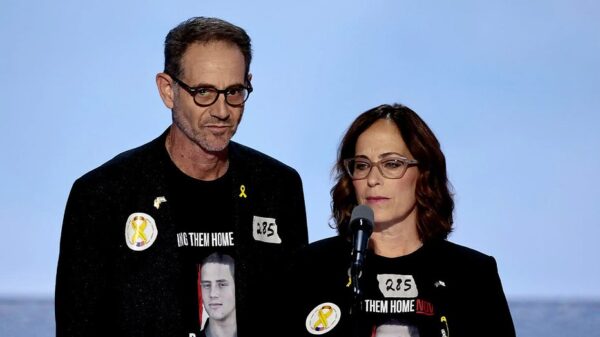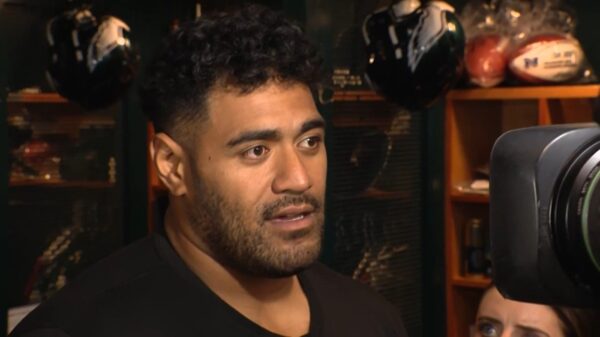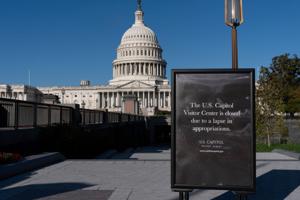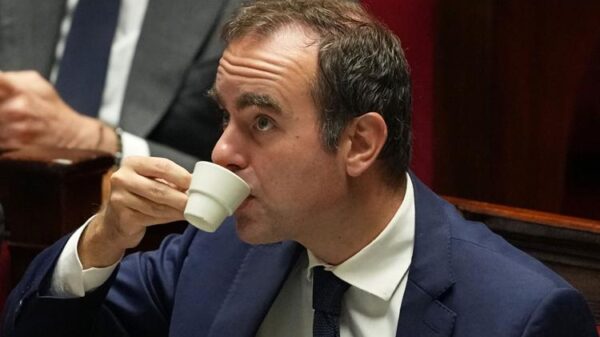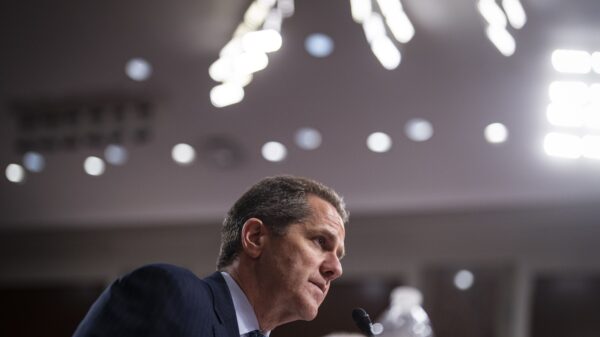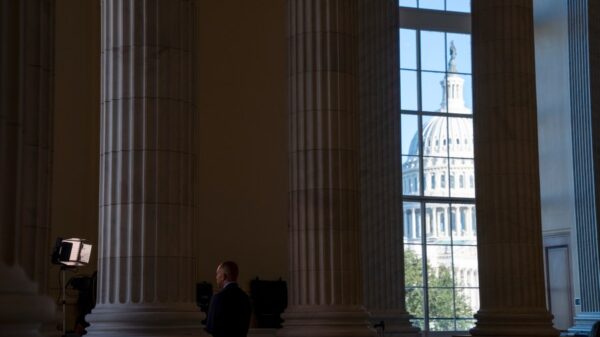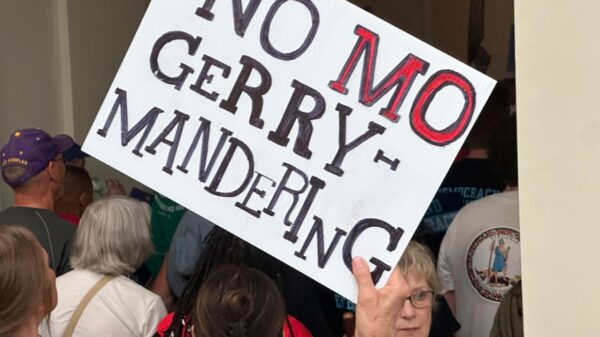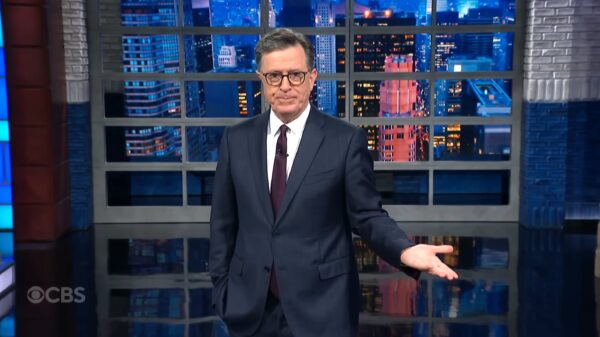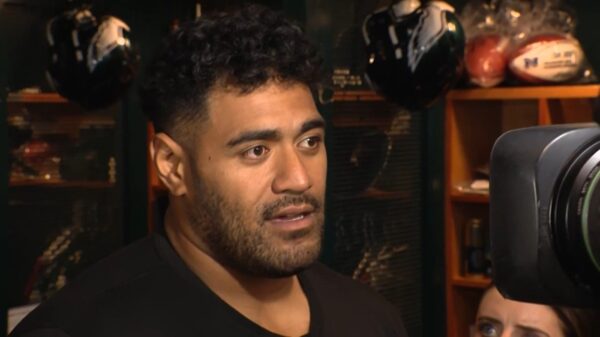Senate Democrats have announced their intention to reject a stopgap spending bill for the tenth time, as they continue to demand that Congress address health care benefits. This latest rejection underscores a persistent standoff that has left hundreds of thousands of federal workers furloughed and many others without guaranteed pay. The ongoing deadlock has paralyzed Congress for over two weeks, with funding for the government becoming the sole focus on the Senate floor.
Democratic leaders stress that they will not compromise until they receive assurances regarding the extension of subsidies for health plans available through the Affordable Care Act marketplaces. They warn that millions of Americans who purchase their own health insurance—particularly small business owners, farmers, and contractors—are poised to face significant increases in premium prices as the November 1 deadline approaches in most states. Senate Majority Leader Chuck Schumer emphasized the urgency of the situation, suggesting that voters will demand serious negotiations from Republicans in light of the impending deadlines.
Oceania Cruises Adjusts Itineraries Due to China Fees
In a separate development, Oceania Cruises, a Miami-based company and part of Norwegian Cruise Line Holdings, announced on Thursday that it is revising select itineraries in Asia. This adjustment is a response to newly imposed port fees by China, which took effect this week. The fees were introduced as a retaliatory measure against similar charges the United States has placed on Chinese-owned vessels docking in American ports.
According to a spokesperson for Oceania Cruises, American ships will incur a fee of 400 yuan ($56) per net ton for each voyage that includes a stop at Chinese ports. The spokesperson remarked, “Ships can no longer effectively visit mainland Chinese ports,” reflecting the significant impact of these fees on their operations.
The company expressed disappointment over the necessary changes and reiterated its commitment to providing guests with exceptional destination experiences despite the logistical challenges posed by the new regulations.
As the political situation and international business dynamics evolve, both the government funding discussions and the cruise industry’s responses highlight the interconnectedness of policy decisions and economic impacts on various sectors.

